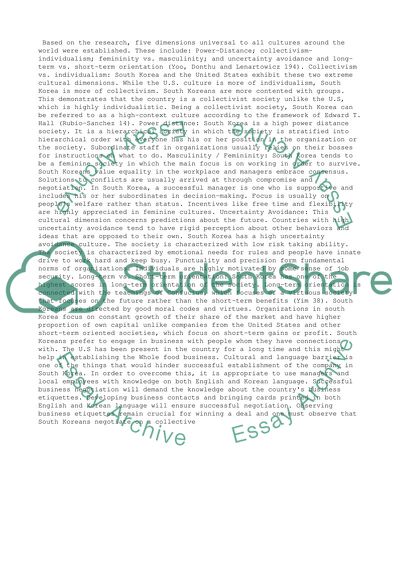Cite this document
(“Whoole Foods in South Korea Research Paper Example | Topics and Well Written Essays - 1000 words”, n.d.)
Whoole Foods in South Korea Research Paper Example | Topics and Well Written Essays - 1000 words. Retrieved from https://studentshare.org/business/1495384-whoole-foods-in-south-korea
Whoole Foods in South Korea Research Paper Example | Topics and Well Written Essays - 1000 words. Retrieved from https://studentshare.org/business/1495384-whoole-foods-in-south-korea
(Whoole Foods in South Korea Research Paper Example | Topics and Well Written Essays - 1000 Words)
Whoole Foods in South Korea Research Paper Example | Topics and Well Written Essays - 1000 Words. https://studentshare.org/business/1495384-whoole-foods-in-south-korea.
Whoole Foods in South Korea Research Paper Example | Topics and Well Written Essays - 1000 Words. https://studentshare.org/business/1495384-whoole-foods-in-south-korea.
“Whoole Foods in South Korea Research Paper Example | Topics and Well Written Essays - 1000 Words”, n.d. https://studentshare.org/business/1495384-whoole-foods-in-south-korea.


